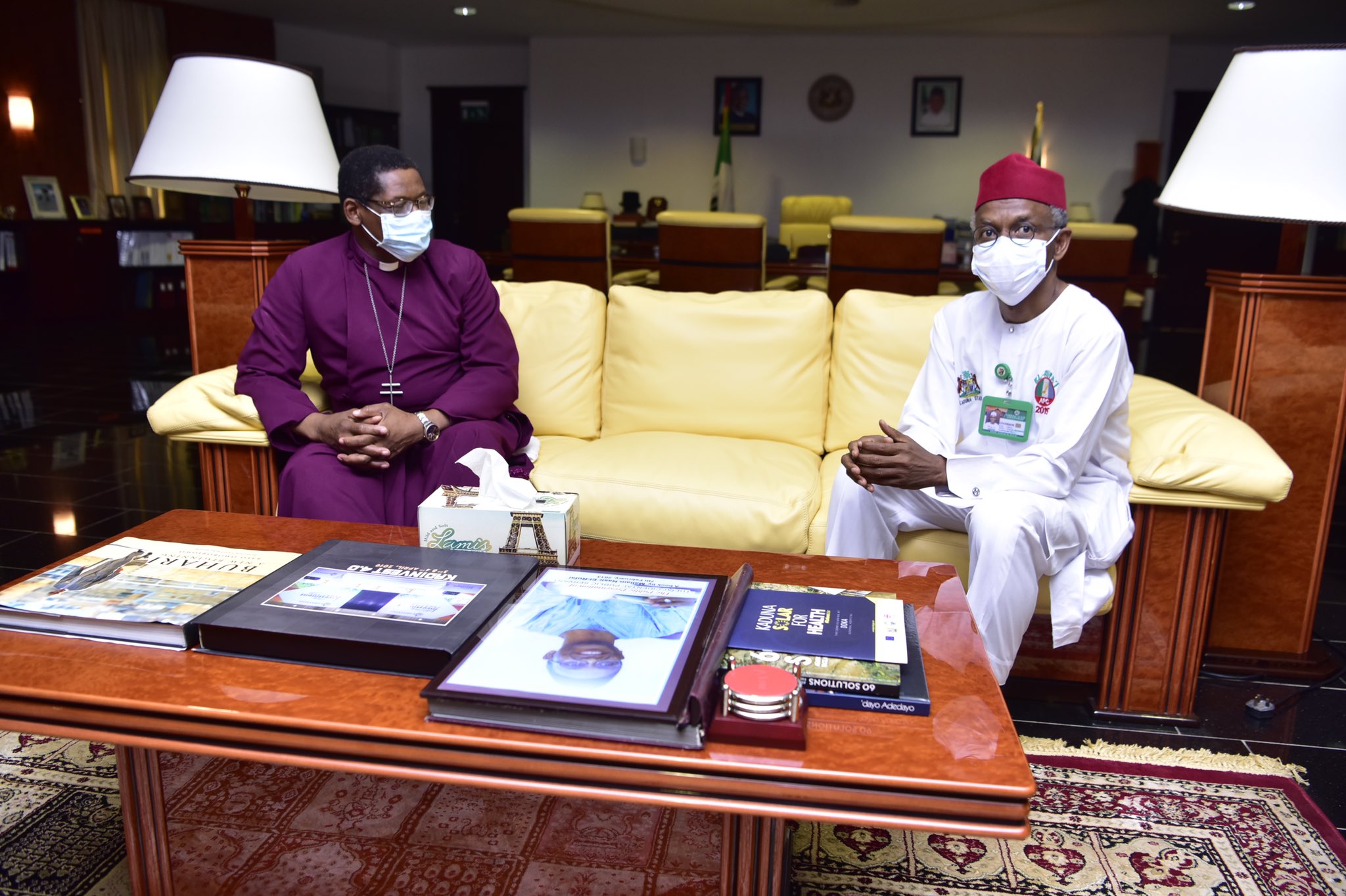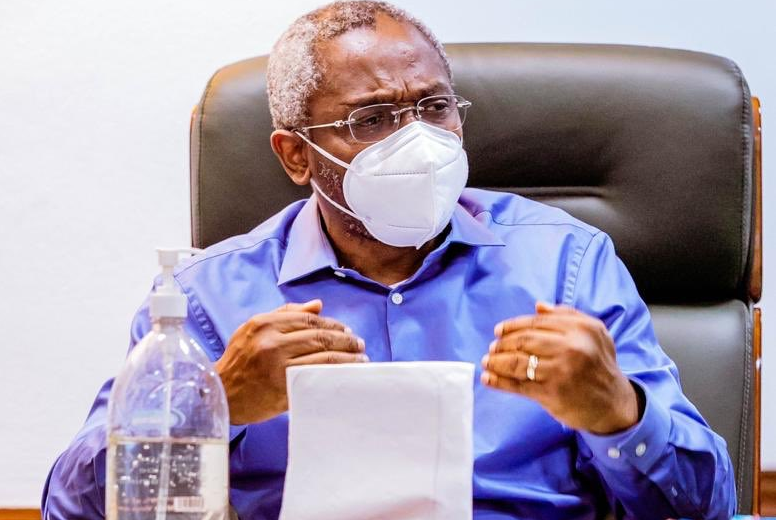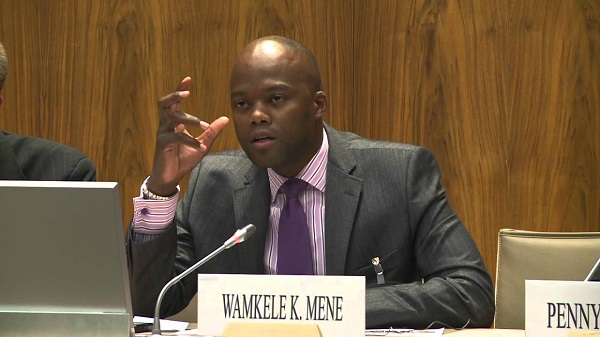Henry Ndukuba, primate of the Anglican Church of Nigeria, says he was a victim of religious violence in Kaduna state.
Speaking on Thursday when he led a delegation of the church officials on a courtesy call to Nasir el-Rufai, governor of the state, the primate said his house in Wusasa, a town in the state, was burnt during the religious crisis of 1987.
The southern part of the state has been facing series of killings and clashes.
Ndukuba said the church believes that everyone should be able to live in peace and pursue their desires in line with the law of the land.
Advertisement
“The Church of Nigeria stands for peaceful co-existence and the ability of people to pursue their enterprise wherever they may be — whether north, south, east, west — any part of this country,” the primate said.
“I believe that if the Christians will stand for what they believe and the Muslims will stand for what they believe, and each one does what he should do, in consideration of his brother and sister and neighbour, I believe that we have all that it takes to be a great nation.”
El-Rufai described the primate’s visit as an indication of the positive role that religion can play in uniting the people.
Advertisement
“The primate is aware of the history of violence and religious intolerance in this state,” the governor said.
“Our study of the situation over four decades has shown that the main drivers of this violence are a few clerics that use their platforms, not to preach peaceful co-existence or promote our common humanity.
‘’Rather, they use their platforms and revered positions to divide and incite violence. I was sad to hear from the Primate, that he was a victim in 1987, when his house was burnt down in Wusasa.
“In those days, the Primate will recall, that this sort of violence starts from one part of the state and the spreads all over the state. One credit that this government gets from everyone, including our adversaries, has been our ability to contain these outbreaks to their points of origin.”
Advertisement
Add a comment







